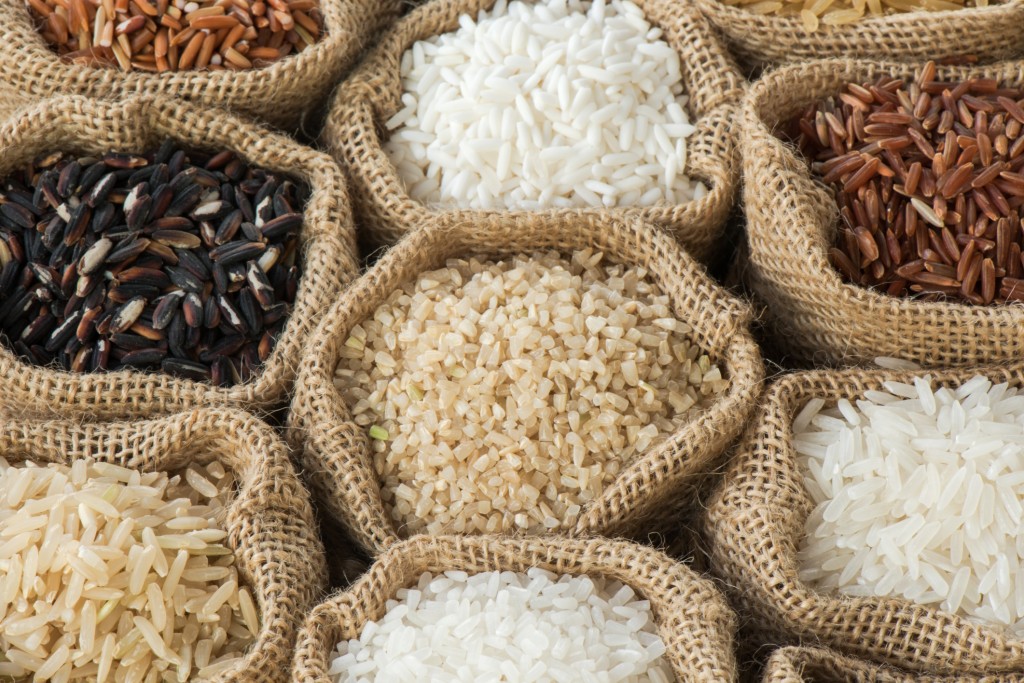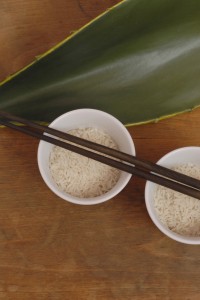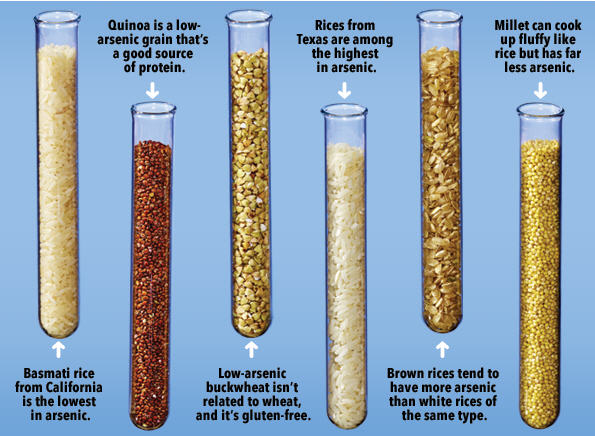Arsenic Warning! How Risky Is Your Rice?


Consumer Reports most recent testing and analysis gave us some new information on the risk of arsenic exposure in infants and children through rice cereal and other rice products. They looked at data released by the Food and Drug Administration in 2013 on the inorganic arsenic content of 656 processed rice-containing products. They found that rice cereal and rice pasta can have much more inorganic arsenic—a carcinogen—than their previous test showed.
According to the results of their new tests, one serving of either could put kids over the maximum amount of rice they recommend they should have in a week. Rice cakes supply close to a child’s weekly limit in one serving. Rice drinks can also be high in arsenic, and children younger than 5 shouldn’t drink them instead of milk.
 Arsenic has two chemical forms, inorganic and organic (the latter of which can be less toxic), and is naturally part of the minerals in the earth’s crust. (Note, here organic is a chemistry term and should not be confused with food sold as “organic.”) Arsenic also has been released into the environment through the use of pesticides and poultry fertilizer. (Chickens can be fed arsenic.) Therefore, it’s in soil and water. Rice tends to absorb arsenic more readily than many other plants.
Arsenic has two chemical forms, inorganic and organic (the latter of which can be less toxic), and is naturally part of the minerals in the earth’s crust. (Note, here organic is a chemistry term and should not be confused with food sold as “organic.”) Arsenic also has been released into the environment through the use of pesticides and poultry fertilizer. (Chickens can be fed arsenic.) Therefore, it’s in soil and water. Rice tends to absorb arsenic more readily than many other plants.
Regular exposure to small amounts of arsenic can increase the risk of bladder, lung, and skin cancer, as well as heart disease and type 2 diabetes. Recent studies also suggest that arsenic exposure in utero may have effects on the baby’s immune system.
The Food and Drug Administration has been slow to address the threat of arsenic contamination in food, but now Rep. Rosa L. DeLauro, D-Conn., has introduced legislation to ensure that rice and rice products are safe.
Her bill, titled the Reducing food-based Inorganic Compounds Exposure (RICE) Act, would set limits on the quantity of inorganic arsenic allowed in rice and rice products under the federal Food, Drug and Cosmetic Act.
Consumers should choose foods that lower their chances of consuming excessive arsenic. EWG’s Food Scores flags arsenic as a “concern” in rice-based products. Read EWG’s report on Arsenic in Rice to learn more about this crop. The following chart shows you the variety of rice with different levels of arsenic:
